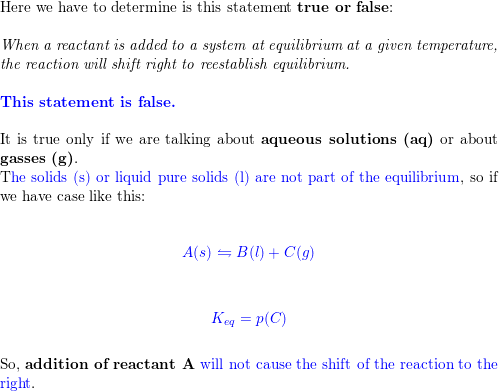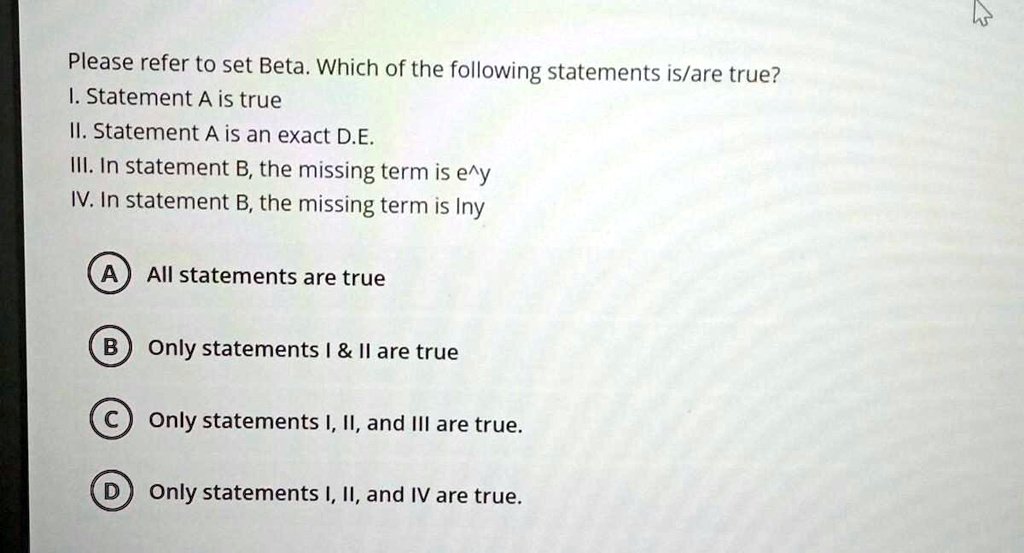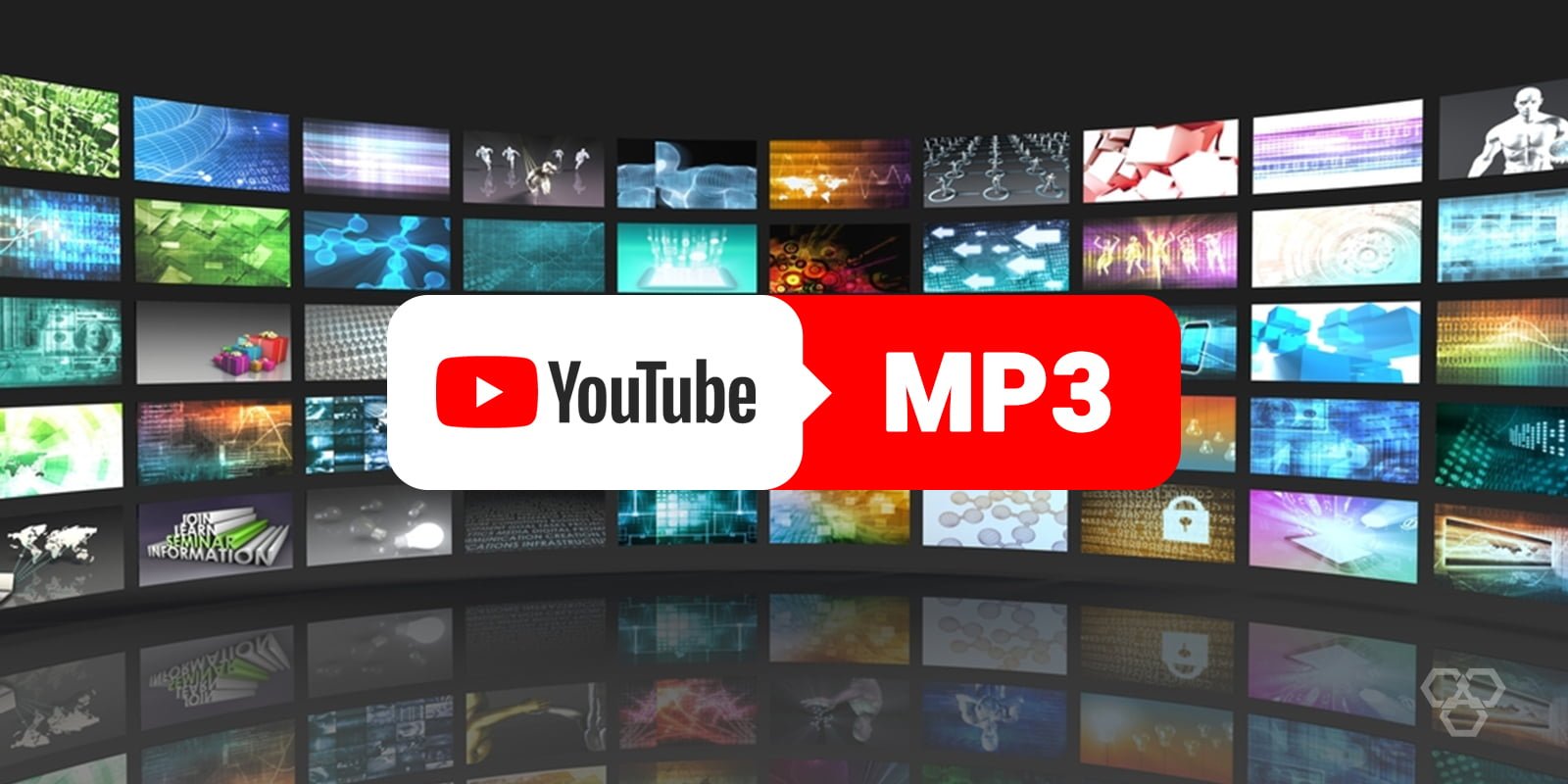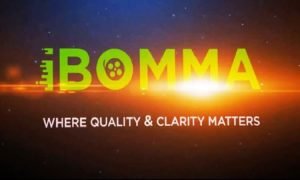In today’s information age, deciphering truth from falsehood can feel like navigating a labyrinth. With an abundance of opinions, theories, and misinformation swirling around, it’s crucial to discern fact from fiction. In this comprehensive article, we delve into various statement, dissecting their accuracy and sheddingIn this comprehensive article, we delve into various statements, dissecting their accuracy and shedding light on the truth. light on the truth.
Statement Evaluation
The first statement we’ll be evaluating is “Climate change is solely caused by human activity.” This assertion has sparked intense debate among scientists, policymakers, and the general public. Proponents argue that the overwhelming consensus among climate scientists supports the idea that human activities, such as burning fossil fuels and deforestation, are the primary drivers of climate change. They cite numerous studies documenting rising global temperatures, melting polar ice caps, and increasingly extreme weather events as evidence of human-induced climate change.

However, skeptics question the extent of human influence on the climate, pointing to natural factors such as solar radiation and volcanic activity as potential contributors. They argue that climate models used to predict future changes may not accurately account for all variables, leading to uncertainty in attributing climate change solely to human activity.
Despite these differing viewpoints, the preponderance of scientific evidence supports the conclusion that human activities play a significant role in driving climate change. The Intergovernmental Panel on Climate Change (IPCC), a leading authority on the subject, has repeatedly emphasized the need for urgent action to mitigate the impacts of human-induced climate change.
Vaccines cause autism
Turning our attention to the second statement, “Vaccines cause autism,” we encounter a deeply contentious issue that has garnered widespread attention in recent years. This claim originated from a now-debunked study published in 1998, which suggested a link between the measles, mumps, and rubella (MMR) vaccine and autism spectrum disorder (ASD).
Subsequent research involving large-scale epidemiological studies has consistently refuted this link, concluding that vaccines do not cause autism. The scientific consensus overwhelmingly supports the safety and efficacy of vaccines in preventing infectious diseases without increasing the risk of ASD.
Despite the scientific evidence debunking the vaccine-autism myth, misinformation continues to proliferate, fueled by anti-vaccine activists and social media platforms. This misinformation poses a significant public health threat, as vaccine hesitancy can lead to outbreaks of preventable diseases and undermine efforts to control infectious diseases.
Artificial intelligence
Lastly, let’s examine the statement “Artificial intelligence will surpass human intelligence in the near future.” The rapid advancements in artificial intelligence (AI) have fueled speculation about the potential for AI to outstrip human intelligence. Proponents of this view point to AI’s ability to perform complex tasks, such as image recognition, natural language processing, and autonomous decision-making, with increasing accuracy and efficiency.
However, skeptics raise concerns about the limitations of current AI technologies, including their inability to replicate the nuanced reasoning and creativity inherent in human intelligence. While AI systems excel at specific tasks, they often lack the generalization and adaptability exhibited by human cognition.

Moreover, ethical considerations surrounding AI development, such as algorithmic bias and the potential for unintended consequences, underscore the importance of responsible AI governance. While AI holds immense promise in transforming various aspects of society, the notion of AI surpassing human intelligence remains speculative and subject to ongoing debate and ethical scrutiny.
Conclusion
In a world inundated with information, distinguishing truth from falsehood is a monumental task. However, armed with critical thinking skills, an appreciation for evidence, and a commitment to ethical principles, individuals can navigate this maze with confidence. By interrogating statements, evaluating evidence, and upholding the pursuit of objective truth, we collectively contribute to a more informed and enlightened society.









